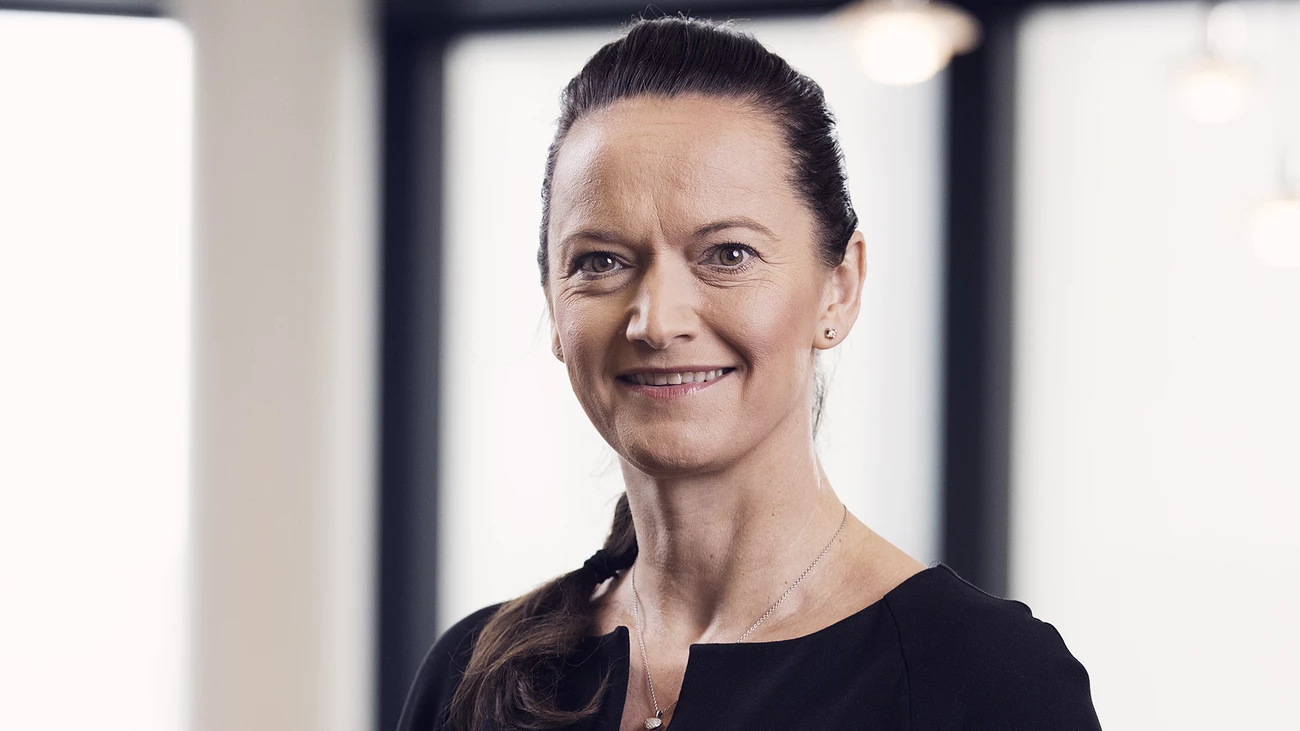What makes an investment sustainable?
The new EU regulation will harmonise the way sustainable investments are defined in Europe. As Europe is the leader in sustainable investments, this will most likely be the future for global definitions as well.
Negative impact is defined by a set of indicators considered to harm the environment and society. Examples include emitting high levels of greenhouse gases, producing controversial weapons, using forced or child labour or destroying important ecosystems. Investors can reduce negative impacts by taking these factors into consideration when investing.
Positive impact means investing in companies that contribute to the environment and society without causing significant harm and while following good governance practices. The regulation will provide an additional regulated way of determining which products and services can be considered sustainable.




